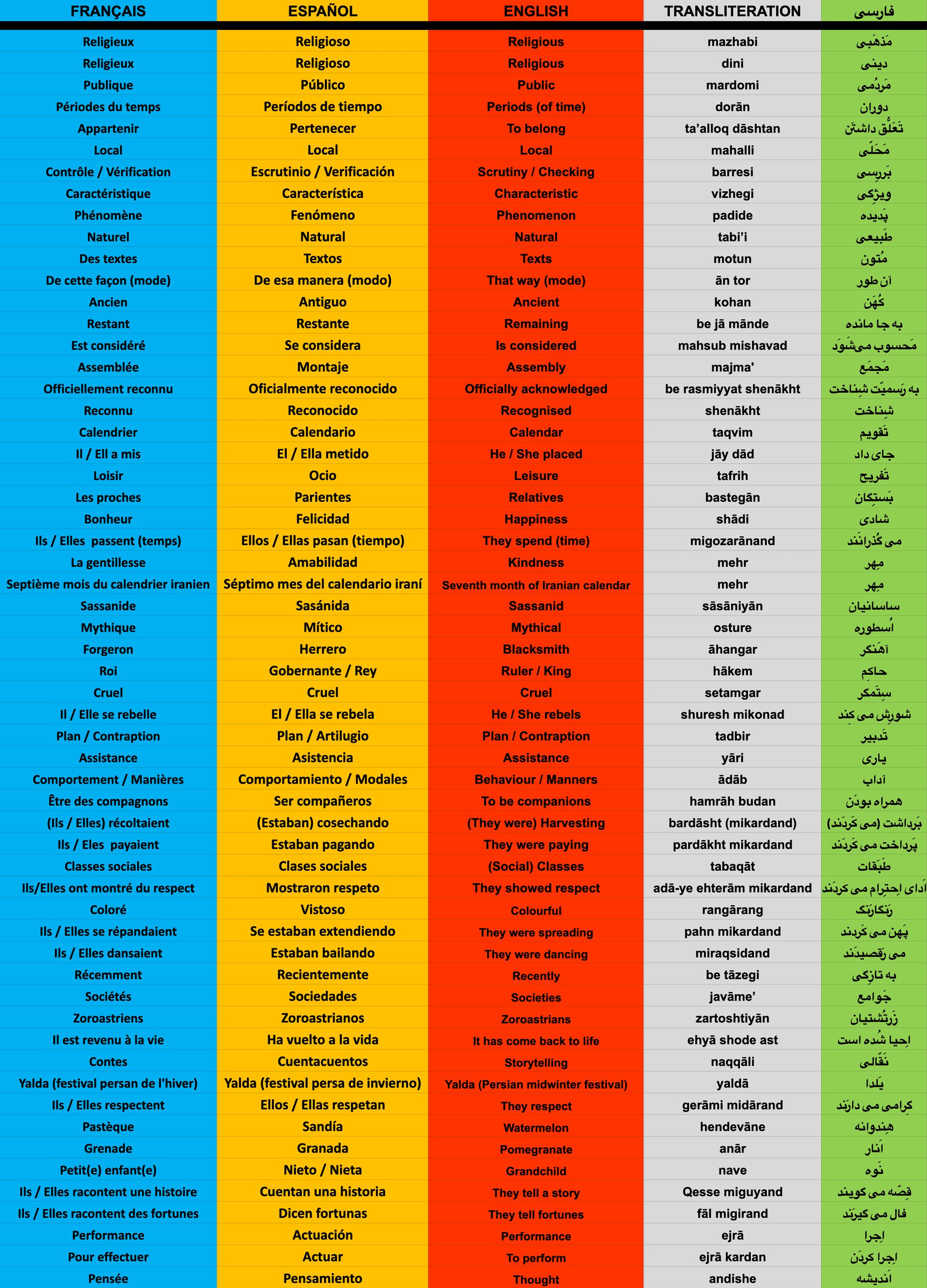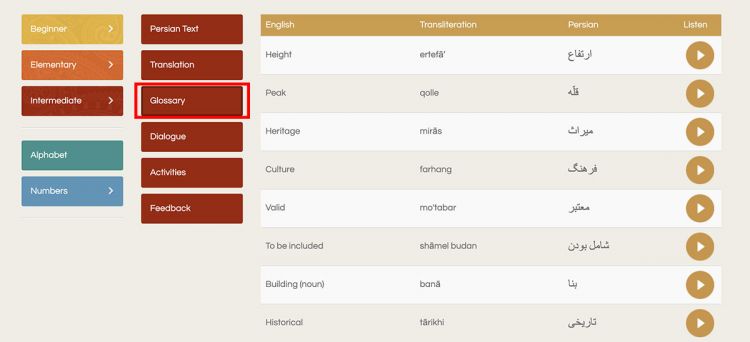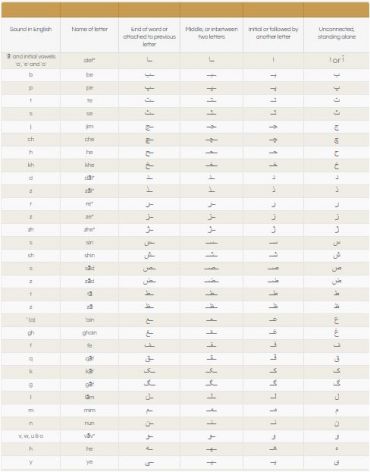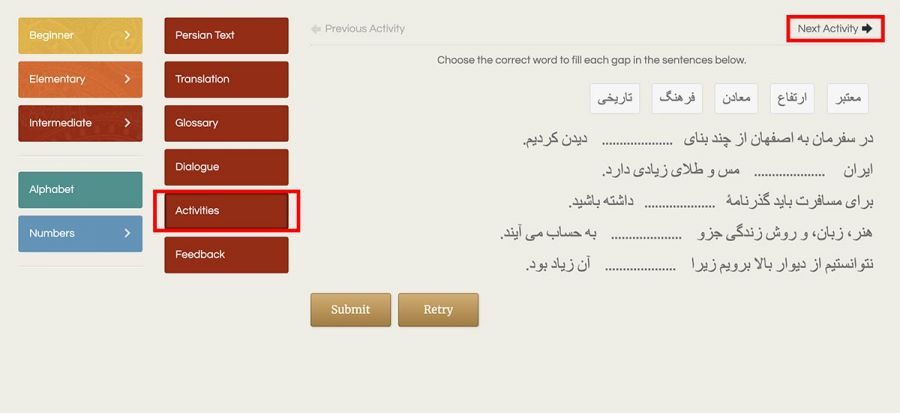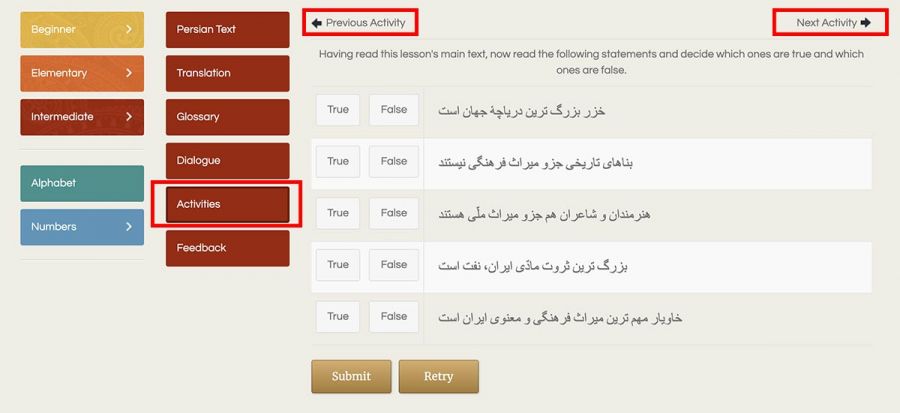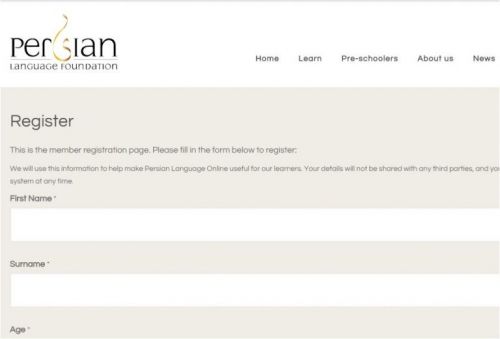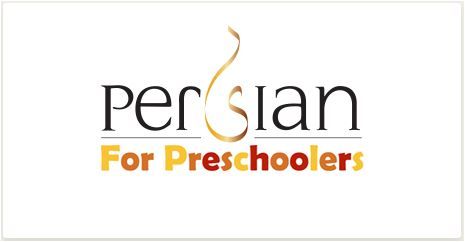
Project 6060 – Lesson 47
EN
FR
ES
FA
-
EN
Lesson 47
Iranian Celebrations
***
Translation
In Iran, some of the celebrations, like ‘Noruz’, are national and some others, like ‘Eyd-e Fetr’ are religious. As such, Iranian celebrations are called national celebrations when they are rooted in Iranian history and have arrived from ancient times to modernity. These celebrations don’t belong to one specific religion or ethnic group and some of them (like Noruz) still exist, although some others (like Baharbad) have been forgotten. Of course some ethnic and regional celebrations also exist, which are only celebrated by one specific ethnic group or are held in some regions of Iran.
An inspection of the Iranian celebrations and the times that they are held shows that most of them have some common characteristics. For example, most of them are related to natural phenomena and the weather and they always hold a regard for nature. Another characteristic of Iranian national celebrations is that they are unrelated to anybody’s dates of birth or death. It appears, from Ancient Iranian texts, that in Ancient Iran, nobody’s date of birth had much importance. Noruz is the first day of Farvardin and the start of spring, a celebration of the start of the Iranian New Year, the most important Iranian celebration and one of the oldest celebrations remaining from ancient Iran. Noruz is also considered the start of the New Year in Afghanistan and in some other countries it is an official holiday.
In 2010, the General Assembly of the United Nations officially recognised the 21st of March as the international date of the, originally Iranian, Noruz festival, and placed it on their calendar. A few days before the New Year, the people of Iran get ready for Noruz. They buy new clothes and things and clean their houses.
The thirteenth of Farvardin is the last day of the Noruz holidays. On this day, people go outside of the city to have fun and spend all or most of the day playing and having fun in the countryside with relatives and friends. They call this ritual ‘Sizda be Dar’.
After Noruz, the most important Iranian celebration is ‘Mehregan’, or the Mehr festival, which was on the first day of Mehr, the start of Autumn, and since the Sasanian period has been on the sixteenth of Mehr. Some Iranians relate this celebration to one of the mythical stories of the Shahname and they say that when ‘Kave Ahangar’ rebels in order to free Iran and its people from the hands of ‘Zahak’, the oppressive ruler, finally on this day he is victorious over ‘Zahak’ with a plan and the assistance of ‘Ferydun’. Like Noruz, at Mehregan the length of night and day becomes equal. In ancient Iran, the Mehregan celebration involved a special ceremony and formalities. Some say that in the Achaemenid time, even more attention was paid to this celebration than to Noruz, since at that time the New Year started with Mehr; i.e. it began at the start of autumn and people harvested the crops and would pay their tax to the king’s treasury. In this celebration, representatives from the different social classes amongst the people would come to visit the king, pay tribute to him and bring him gifts. The people would spread multi-coloured tablecloths and on them lay out various autumnal fruits and food and drinks, play music and dance.
This festival has recently been revived and held by ex-pat Iranian communities, amongst Zoroastrians and by some Iranians from within the country. Nowadays, this celebration includes the recital and reading of the story of ‘Zahak’ from the Shahname, people have fun, they sing, they listen to music and they dance.
Another of the ancient Iranian celebrations that has remained until today and that Iranians all over the world celebrate is the Shab-e Yalda celebration. This celebration is held at the start of winter and Iranians respect the longest night of the year and, following that, the increasing length of the days. On this night, Iranian families gather together and eat various foods, special nuts and seasonal fruits like watermelons, grapes and pomegranates and grandfathers and grandmothers tell stories, read Hafez poetry and tell fortunes for their children and grandchildren.
-
FR
Leçon 47
Célébrations iraniennes
***
Traduction
Coming soon
-
ES
Lección 47
Celebraciones iraníes
***
Traducción
Coming soon
-
FA
درس چهل و هفتم
جشن های ایرانی
***
متن فارسی
در ایران برخی از جشن ها مانند “نوروز” ملّی و بعضی دیگر مانند “عید فطر” مذهبی و دینی هستند. با این حال، جشنهای ایرانی به جشنهایی ملّی و مردمی گفته میشود که دارای ریشۀ تاریخی ایرانی هستند و از دوران باستان تا به امروز رسیدهاند. این جشن ها به یک دین یا قوم خاص تعلّق ندارند و برخی از آنها (مانند جشن نوروز) هنوز وجود دارند، امّا برخی دیگر (مانند جشن بهاربد) فراموش شده اند. البته بعضی از جشن های قومی و محلّی نیز وجود دارند که فقط توسّط یک قوم خاص یا در برخی مناطق ایران برگزار می شوند.
بررسی جشنهای ایرانی و زمان برگزاری آنها نشان می دهد که بیشتر آنها ویژگیهای مشترکی دارند. برای مثال، اکثر آنها در ارتباط با پدیدههای طبیعی و آب و هوایی هستند و در آنها همیشه احترام به طبیعت وجود دارد. یکی از ویژگی های دیگر جشن های ملّی ایران این است که با روز تولّد یا مرگ کسی در ارتباط نیست. آن طور که در متون قدیمی آمده است در ایران باستان روز تولّد هیچ کس اهمّیّت زیادی نداشته است.
نوروز برابر با اوّل فروردین و آغاز فصل بهار، جشن آغاز سال نوی ایرانی مهم ترین جشن ملّی ایرانیان و یکی از کهنترین جشنهای به جا مانده از دوران ایران باستان است.
نوروز در افغانستان نیز آغاز سال نو محسوب میشود و در برخی دیگر از کشورها تعطیل رسمی است.
مجمع عمومی سازمان ملل در سال ۲۰۱۰، روز ۲۱ ماه مارس را بهعنوان روز جهانی عید نوروز، با ریشهٔ ایرانی بهرسمیّت شناخت و آن را در تقویم خود جای داد.
مردم ایران از چند روز قبل از سال جدید به استقبال نوروز می روند. لباس ها و وسایل نو می خرند و خانه هایشان را تمیز می کنند.
روز سیزدهم فروردین، آخرین روز تعطیلات نوروزی است. در این روز مردم برای تفریح از شهر خارج می شوند و تمام یا بخشی از روز را در کنار بستگان و دوستان به بازی و شادی در طبیعت می گذرانند. به این مراسم ” سیزده به در” می گویند.
پس از نوروز، مهم ترین جشن ایرانی “مهرگان” یا جشن مهر است که در ایران باستان در روز اوّل مهر آغاز فصل پاییز و از زمان ساسانیان روز شانزدهم مهر بوده است. برخی از ایرانیان این جشن را به یکی از داستان های اسطوره ای شاهنامه ربط می دهند و می گویند هنگامی که “کاوۀ آهنگر” برای آزادی ایران و مردم از دست “ضحاک”، حاکم ستمگر، شورش می کند، سرانجام در این روز با تدبیر و یاری “فریدون” بر “ضحاک” پیروز می شود. در مهرگان نیز همانند نوروز اندازۀ شب و روز برابر میشود. در ایران باستان، جشن مهرگان با مراسم خاص و آداب و رسوم ویژه همراه بود. برخی می گویند در زمان هخامنشیان حتّی بیشتر از نوروز به این جشن توجّه می شده است، زیرا در آن زمان سال نو با مهر یعنی آغاز پاییز شروع می شد و مردم محصولات کشاورزی را برداشت و مالیات خود را به خزانۀ شاه پرداخت می کردند. در این جشن نماینده های طبقات مختلف مردم به دیدار شاه می آمدند، به او ادای احترام می کردند و برای او هدیه می آوردند. مردم سفره های رنگارنگ پهن می کردند و در آن میوه های پاییزی، خوراکی و نوشیدنی های مختلف می گذاشتند، موسیقی می نواختند و می رقصیدند.
به تازگی دوباره این جشن در جوامع ایرانی خارج از ایران، در بین زرتشتیان و توسّط برخی از ایرانیان داخل کشور احیا شده است و برگزار میشود. امروزه این جشن با نقّالی و خواندن داستان “ضحاک” از شاهنامه همراه است، مردم شادی می کنند، آواز می خوانند، به موسیقی گوش می دهند و می رقصند.
از دیگر جشن های کهن ایرانی که تا امروز به جا مانده است و در تمام دنیا ایرانیان آن را جشن می گیرند، جشن شب یلداست. این جشن در آغاز زمستان برگزار می شود و ایرانیان بلندترین شب سال و به دنبال آن بلندتر شدن طول روزها را گرامی می دارند. در این شب خانوادههای ایرانی دور هم جمع می شوند انواع غذا، آجیل مخصوص و میوههای رایج مانند هندوانه، انگور و انار می خورند، پدر بزرگ ها و مادر بزرگ ها برای بچّه ها و نوه ها قصّه می گویند، شعر حافظ می خوانند و فال می گیرند.
DIALOGUE
DIALOGUE
DIÁLOGO
مُکالِمه
-
EN
Translation of Dialogue
Maryam: Next Friday we’re having a party to celebrate Mehregan. Can you come?
Bahman: Yeah, I don’t have anything special planned.
Maryam: Then you must read us some poetry.
Bahman: Ok, I’ll read the story of Zahak for you.
Maryam: Can you recite it for us?
Bahman: I don’t know it well. But I can tell one of my friends to come and recite it for us.
Maryam: That’s great; the guests will definitely like that.
Bahman: I hope so. -
FR
Traduction de Dialogue
Coming soon
-
ES
Traducción de Diálogo
Coming soon
-
FA
متن فارسی مُکالمه
مریم: جمعۀ دیگه برای جشن مهرگان مهمونی داریم. می تونی بیآی؟
بهمن: آره، برنامۀ خاصّی ندارم.
مریم: پس باید برامون شعر بخونی.
بهمن: باشه. براتون داستان ضحاک رُ می خونم.
مریم: می تونی برامون نقّالی کنی؟
بهمن: خوب بلد نیستم. امّا می تونم به یکی از دوستام بگم بیآد برامون نقّالی کنه.
مریم: عالیه، حتماً به مهمونا خوش می گذره.
بهمن: امیدوارم.
